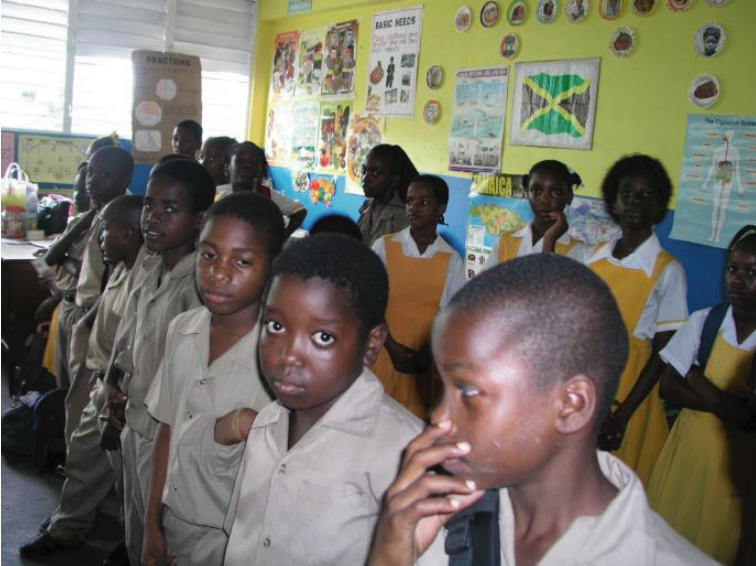
And so it is written in Matthew 7:24-27 that “everyone then who hears these words of mine and puts them into practice is like a wise man who built his house on the rock… but everyone who hears these words of mine and does not put them in practice is like a foolish man who built his house on sand.”
This biblical passage is metaphoric of the Jamaican society we have been attempting to build over the last six decades, and the shaping of a nation that would represent the finest traditions of the love, spiritedness, hope, promise and possibilities that exemplify us as a people.
But the building of that nation, and the shaping of our society must have a solid rock foundation; this we don’t have. It is what Great Britain, France and the United States guaranteed themselves when they waged their ‘wars of Independence.’ As history records, it was during the 1680s that the Glorious Revolution in England took place as the first step towards deposing absolute monarchism and redefining the rule of law in more democratic and ‘equitable terms’ to help shape Britain’s political system and government, including its colonial outreach.
Then there was the French Revolution during the latter part of the 18th century, which overthrew the ancien regime to construct a new society founded on the principles of equality and justice.
The American War of Independence took its cue from the French, and constructed the foundation for the expansion and growth of the American empire.
However much we may otherwise think, the fundamental principles and values that laid the foundation for the development of France, Britain and the US could not reasonably be expected to apply to Jamaica and other countries in Africa and the Caribbean that were subjugated as part of their hegemonic expansionism. The foundation, for example, upon which slavery and colonialism was built in Jamaica was definitely and decidedly antithetical to the very notions of justice, equality, democracy and the creation of harmonious social relations necessary for the shaping of our society, and the building of our nation.
When, as we did last week, we celebrate the causes of our National Heroes, we were paying homage to their legacy to rebuild a new foundation to accommodate superstructural institutions that would create a just and equitable society and provide for a social life radically different from that inherited from Britain. Marcus Garvey, perhaps, more than any of our heroes, understood this well, and pointed to the need, first and foremost, for us to ‘emancipate ourselves from mental slavery, for none but ourselves can free our mind.’ In various ways, and through various efforts, leaders like Norman Manley, Michael Manley, P J Patterson and Bruce Golding understood the message and attempted to give effect to it.
As the society becomes battered and bruised by the violence, corruption, crude and crass behaviour, numbness and an almost unconscious acceptance of this as the ‘new norm’ provide a frightening landscape for Jamaica’s future. Even worse, we quite often compare the behaviour of our fellow citizens to that of an animal — and the worst kind of course — simply because we cannot fathom the crassness and crudity as representing the behaviour of a civilized people. It is a most dangerous and dispiriting characterization, and a throw-back to the period of enslavement.
The sad truth is that no amount of National Prayers, Emancipation, Independence and National Heroes Week celebrations is going to help our cause unless and until we provide the proper foundation — as the British, French and Americans did — to socially re-engineer a new set of values and attitudes that is truly representative of our authentic selves.
It was an American poet and writer, Archibald Macleish, who once said that ‘The only thing about a man [and woman] that makes him or her a man or woman is his/her mind. Everything else you can find in a pig or a horse.’
With that said, the greatest influence on the mind is not more laws, retaliatory behaviour, unsavory characterization of us as a people, or an appeal to the Almighty. It is plain and simple about education. It is only through education — the rock upon which the structure and superstructure can be built — that we can emancipate the mind, and, in the words of Rex Nettleford, liberate our people from the obscurities of themselves. This is the ‘call to arms’ if our nation is ever to recover, over the next two generations, from the sinking sand on which we so desperately are attempting to achieve progress and prosperity.




The lack of investment and attention to education is a strategic plan to maintain control the (m)assess and maintain the modern day plantations
Thank you for this comment, Maurice. And a reason to import workers from other countries. Such nonsenxe